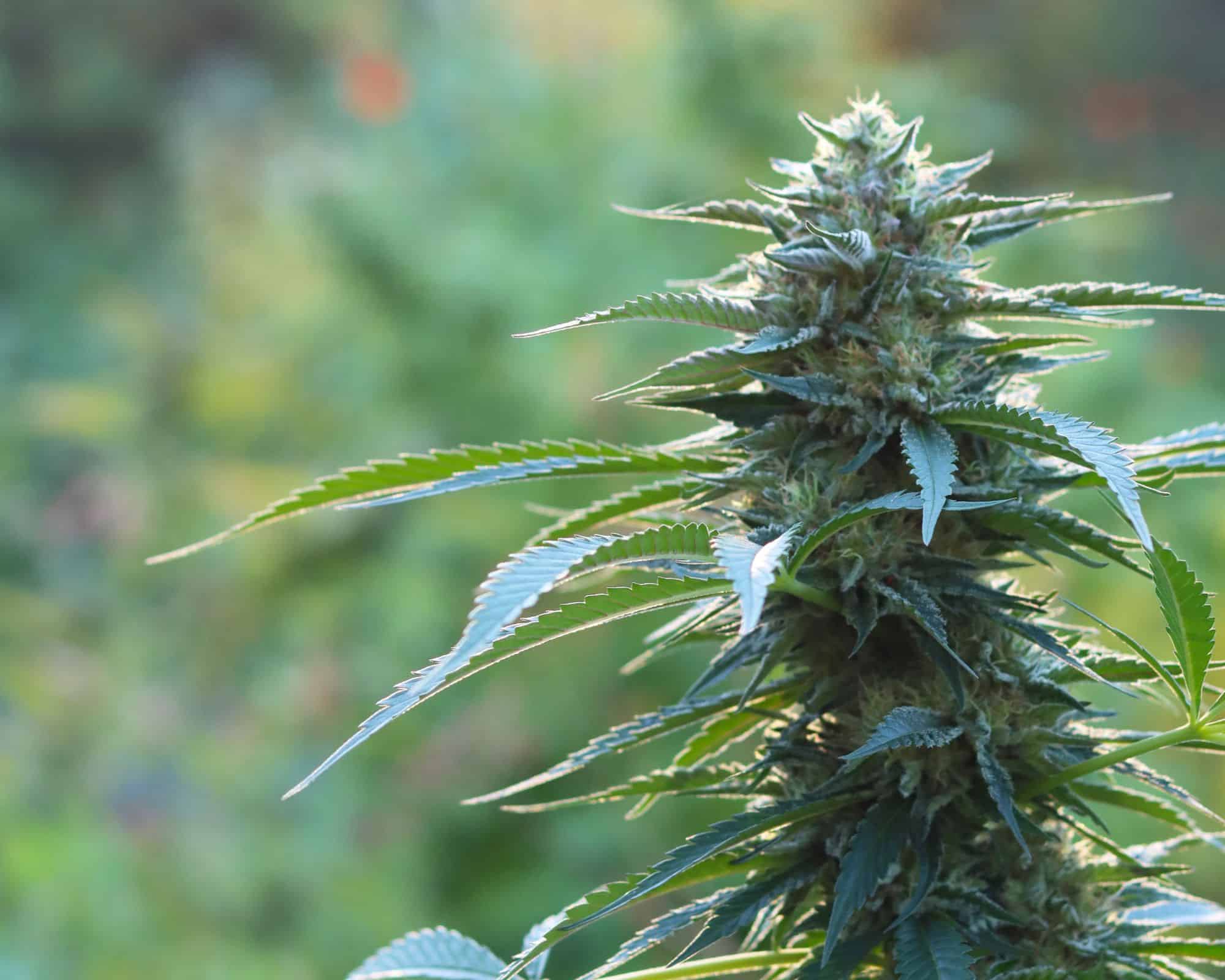The Science of Phenotypes
Merriam-Webster defines a phenotype as “the observable characteristics or traits of an organism that are produced by the interaction of the genotype and the environment,” but what does this actually mean?
A genotype is simply our genetic make-up, the sequence of genes in their DNA passed down from our parents, which gives each of us our own unique set of characteristics. A phenotype, or pheno, is then the physical expression of this genotype in relation to environmental factors and random variation.
Genes that are present in our DNA can be activated or suppressed based on environmental factors creating these phenotypes. Examples of common phenotypes are height, weight and proclivity to diseases, which are influenced by one’s genetic makeup but are also affected by one’s diet, exercise, lifestyle, etc.
So how does this translate to cannabis?
Plants, like siblings, can be of almost identical genetic makeup yet express different phenotypes. If you sow two seeds made by the same plant, the resulting plants may seem almost exactly the same or quite different from each other depending on both environmental factors and genetic variation.
For example, let’s plant two tomato seeds from the same seed packet; we plant one seed in full sun and one seed in partial sun. The seed we grew in full sun may grow taller and produce larger tomatoes that are tastier and more vibrant. These phenotypes may be due to environmental factors like access to sun, water or nutrients, but they can also be the result of random genetic variation.
Without getting too deep into the complex, and oftentimes contested, subject of canna breeding, we can say that this same principle is broadly true of cannabis plants. Some cannabis farmers are keen to experiment with their crops in order to produce the best harvests possible. This often means planting multiple seeds from the same mother and father plant to see what phenotypes are present.
This is where the infamous numbering system comes into play: a farmer could plant three cannabis seeds and grow three very different plants, Plant #1, Plant #2 and Plant #3. Or, they could plant 100 seeds and see three distinct types of plants develop. Those plants might be categorized into Phenotype #1, Phenotype #2, and Phenotype #3. Each of these plants, though grown from seeds of the same mother, could have different visual appearance, aroma, effect, yield and resin production.
This genetic variation not only gives cannabis plants better chances at survival by preventing diseases and mutations that can become present through cloning or inbreeding, but it also gives us plant lovers a wider array of things to try and enjoy!
Many of our farm partners choose to grow their plants from seed, rather than more genetically uniform clones, and some even practice breeding work each year to produce seeds that will yield beautiful new combinations. We partner with them to sort through those distinct phenotypes once the harvest is finished and offer small batch single-phenotype releases so that our customers can sample all of the expressions the plants have to offer. If you notice a number at the end of a strain name on a Solful flower jar, that’s our way of letting you know you’re enjoying one of several phenotypes of that given strain. In fact, Moon Gazers’ newest pheno Papaya Valley Goo #2, releasing tomorrow, is an incredible example of this.
Sources:
https://www.genome.gov/genetics-glossary/Phenotype
https://www.merriam-webster.com/dictionary/phenotype
https://www.biologyonline.com/dictionary/phenotype
https://www.leafly.com/learn/cannabis-glossary/phenotype

